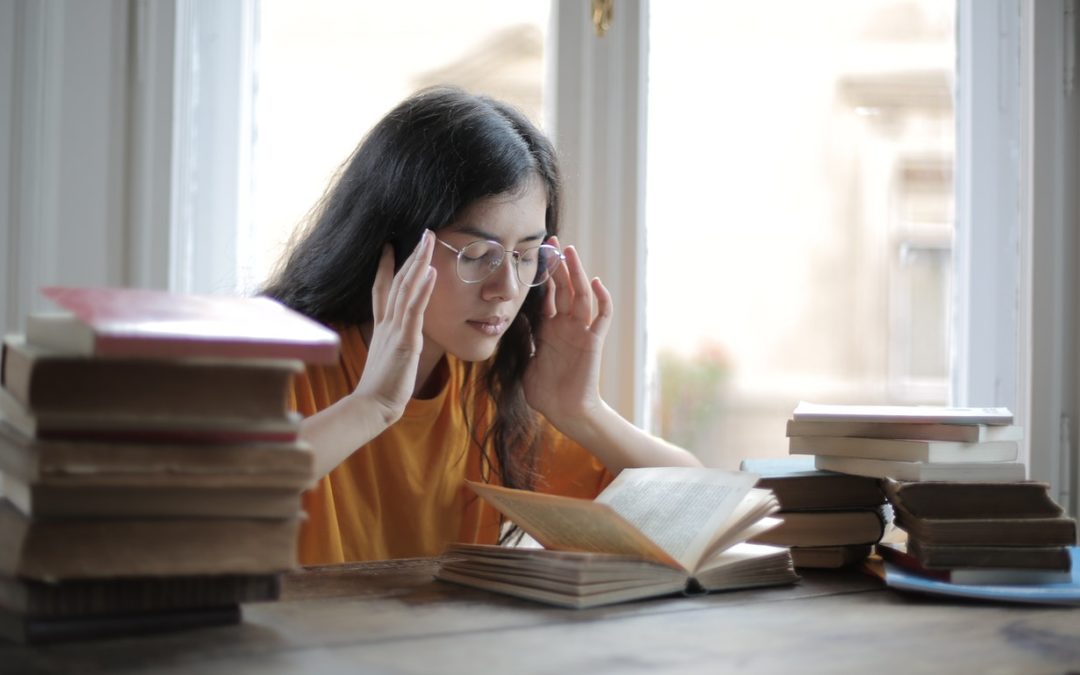The current pandemic has caused hardships and stress for everyone, and college kids are not exempt. This population is experiencing anxiety and depression just like everyone else—except the lack of access to mental health care is a real barrier to treatment.
A survey published by the Healthy Minds Network surveyed 18,000 college students over 14 campuses and questioned students’ attitudes and behaviors during COVID-19. The results show that the rate of depression is slowly but steadily creeping up.
The survey data was collected between March and May of this year, and 60 percent of students said COVID-19 made it harder for them to access mental health services. Since students were all sent home, there has been no way for them to receive the easily accessible on-campus mental health services that they once had access to. They often don’t have the same therapy support at home vs. being at school. Even online mental health services are in high demand right now, and it is often difficult for kids to find the right online therapist.
The survey accounted for the various mental health conditions present in students before the start of the pandemic, but still calculated that depression increased while substance use decreased this Spring.
In another survey done by the nonprofit Active Minds, college students similarly reported a decline in their mental health during the pandemic, as they had to deal with social distancing, missing important events like graduation, and adapting to online learning.
How can students cope with these hard times and depressive episodes?
- Keep up with their social network. College students who have a strong network of friends and family will have an outlet to discuss their feelings and feel supported during an uncertain time.
- Exercise. Have a physical routine that they can stick to since exercise creates endorphins and will lend some structure to their daily life.
- Eat properly and get enough sleep. Just like exercise, well-balanced nutrition, and good sleep habits can dramatically reduce depression and anxiety symptoms.
- Talk therapy and medications are usually what’s prescribed for chronic depression. However, they will want to speak with a mental health professional first.
- Ketamine infusions. If all else fails in treating a student’s situation depression, ketamine infusions have been proven to alleviate symptoms in as little as 1-2 infusions, with a 70% success rate.
If you have or are a college student who has been suffering from depression during COVID-19, reach out to our Boston area ketamine clinic today for a free consultation.

Contact Ketamine Greater Boston
Ketamine Greater Boston offers ketamine infusions for the treatment of depression, anxiety, PTSD and other psychiatric conditions. If you are suffering from treatment-resistant depression and haven’t found a solution, ketamine could be what you’re looking for. Contact us for a free consultation today to learn more about ketamine infusions and find out of you’re a candidate.


Recent Comments